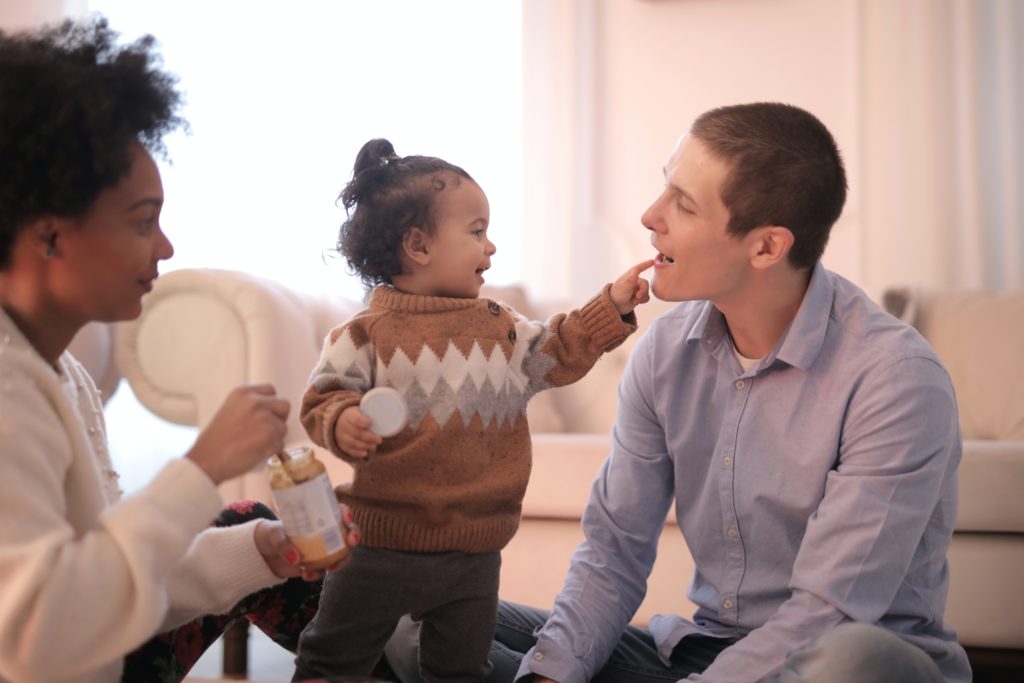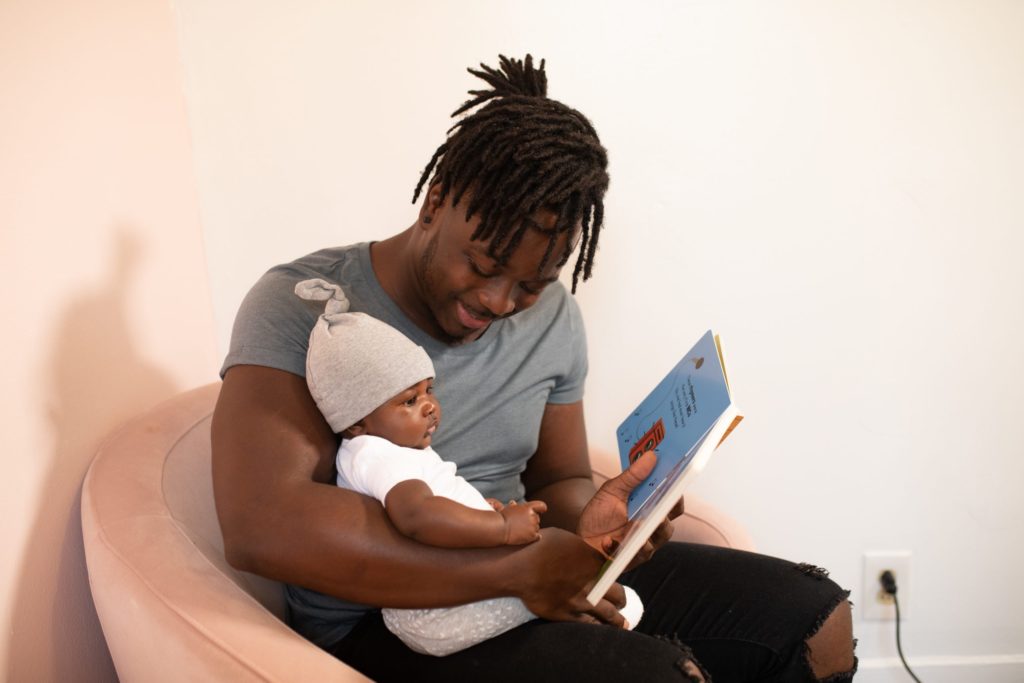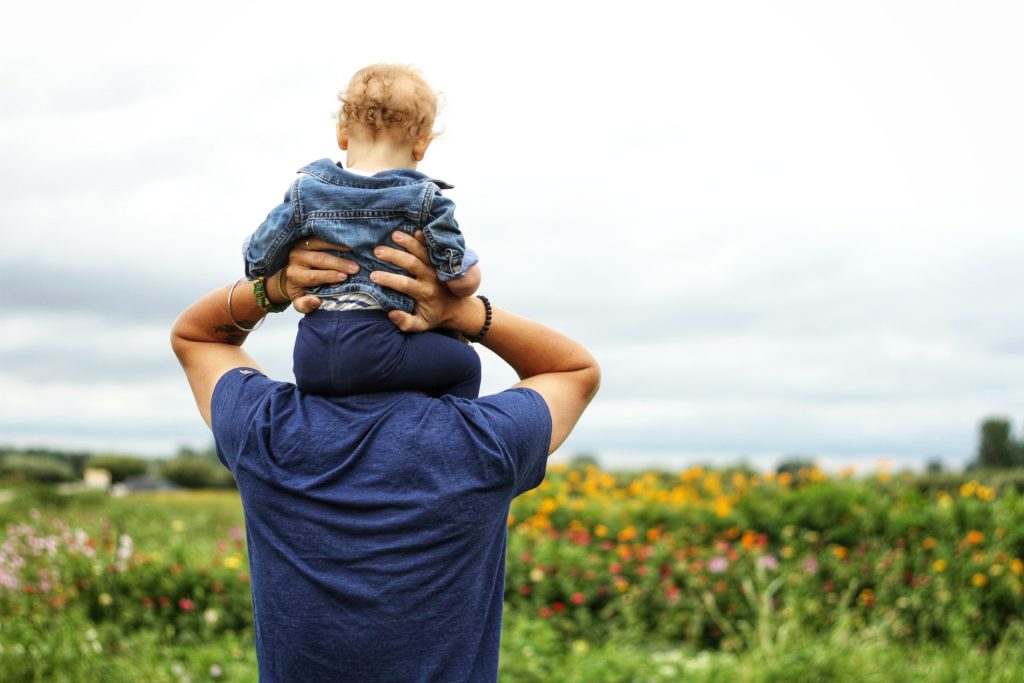The rise of daddy day care
The pandemic has forced men to up their share of childcare at home. Is this just a temporary blip in the gender childcare gap or are we moving towards a more equal future?

There is little doubt that during the pandemic, women have shouldered the lion’s share of domestic chores and childcare while also juggling work. Both frustrated Facebook updates and official research pay testament to this.
However, for fathers who have gotten more involved in looking after their children during lockdown, could this lead to a fundamental change in the way we divide childcare in the future, and also improve men’s work-life balance?
On average, male parents have spent two hours a day on childcare during lockdown, according to the Office for National Statistics. While this is about two thirds less than female parents, it will undoubtedly have been an awakening for many men who aren’t used to shouldering such demands.

Some researchers are suggesting that this could lead to more gender balance in childcare going forward. “It is likely that the experience of doing more may portend optimism; this is true when men take paternity leave – they tend to become more involved from that experience,” says Melissa Milkie of the University of Toronto, who spearheaded a research project on the subject.
As Milkie alludes, this has also rekindled the debate over parental leave. In 2015, the law was changed to accommodate the role of fathers in caring for new babies. Rather than just making maternity leave available for women, couples can share up to 50 weeks of leave and 37 weeks of statutory shared parental pay between them, at a maximum rate of £151.20 per week. Parents of both genders can also take up to 18 weeks of unpaid parental leave per child, at any point up until the child’s 18th birthday.

However, figures show that only 2% of couples split parental leave, with the majority still taken by women.
Studies have shown that men who get involved with childcare at the outset, by sharing parental leave for new babies, are more likely to stay involved and split childcare duties in the future. Though an increase in parenting has been thrust on men during lockdown, there is the hope that this could be the kind of booster needed to address the gender imbalance – as long as workplaces will be flexible enough to accommodate such systemic change.

“The gender childcare gap has narrowed from 30.5 percentage points to 27.2 percentage points,” write Almudena Sevilla and Sarah Smith in a report called Baby Steps: The Gender Division of Childcare during the COVID-19 Pandemic, pointing out that such a tightening of the gap has been more extreme in households where men have been placed on furlough or lost their jobs. “It remains to be seen whether the change is a permanent one. Some evidence from paternity leave policies suggest that temporary changes can have longer-term effects on social norms, evidenced by increases in the time that fathers spend in household activities, including childcare. The changes that have been brought about may need to be recognised and reinforced to have longer term effects.”




